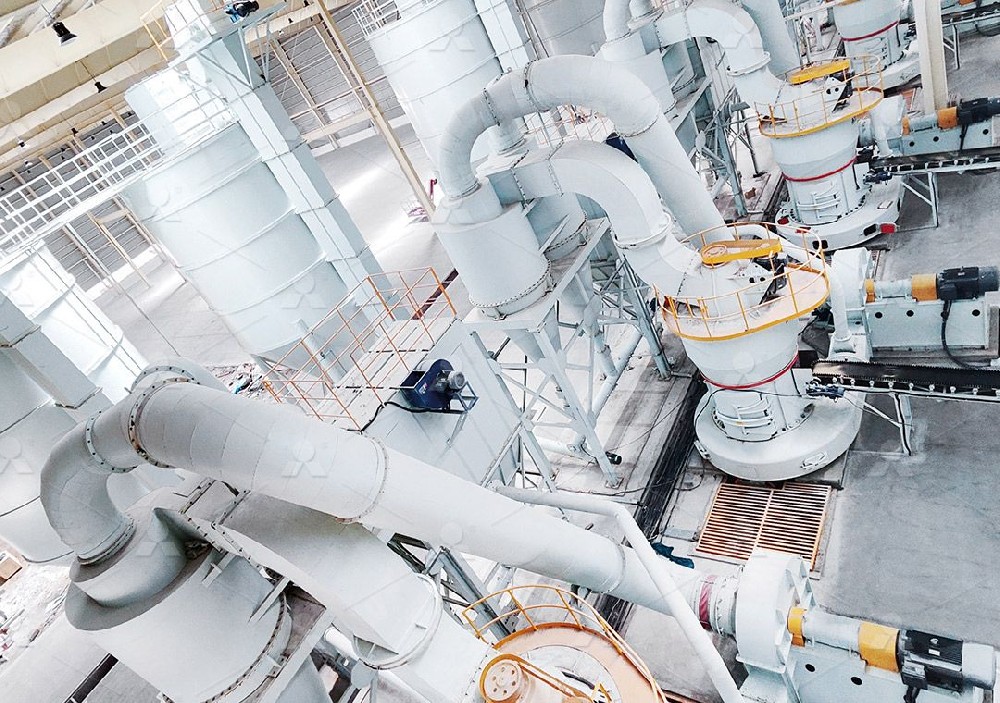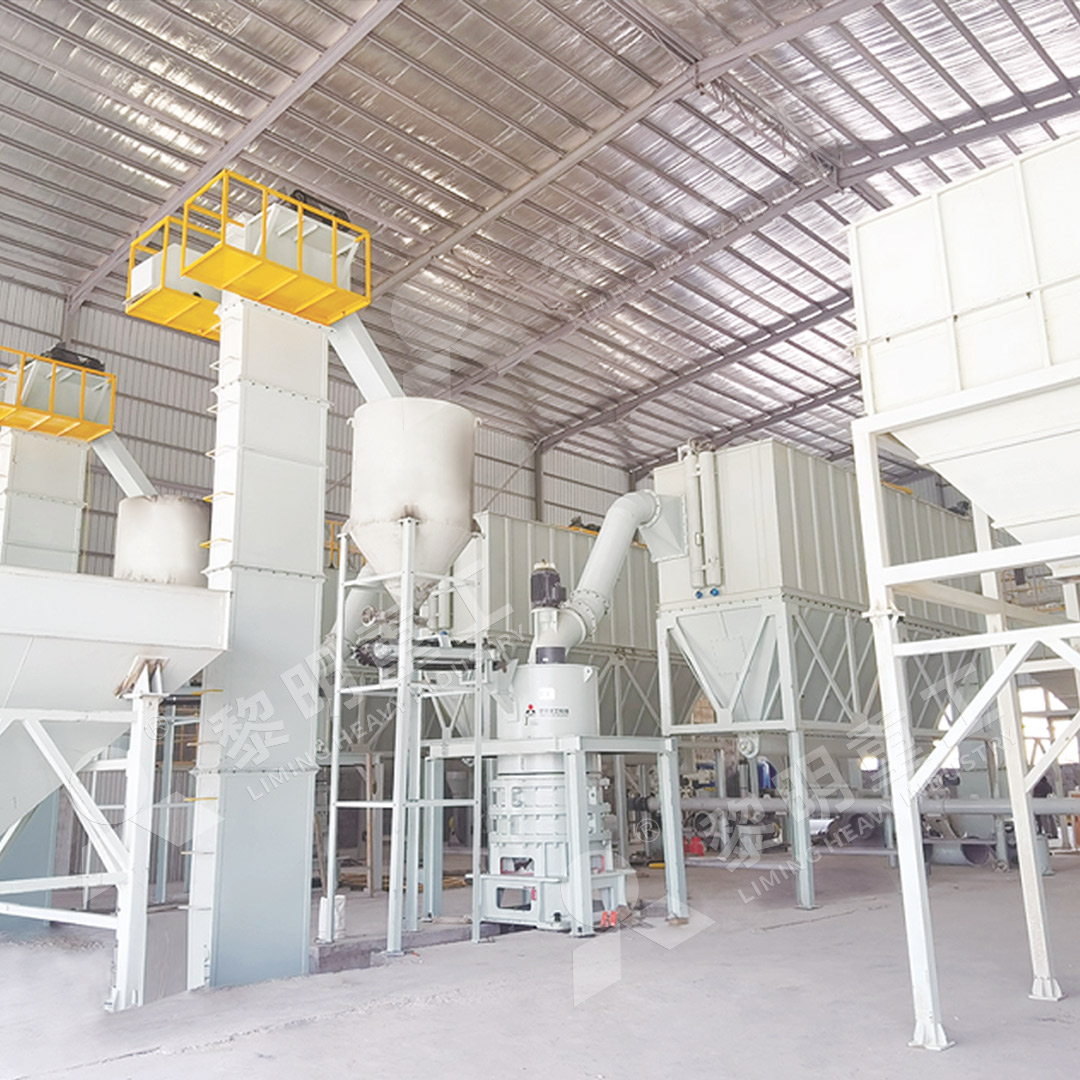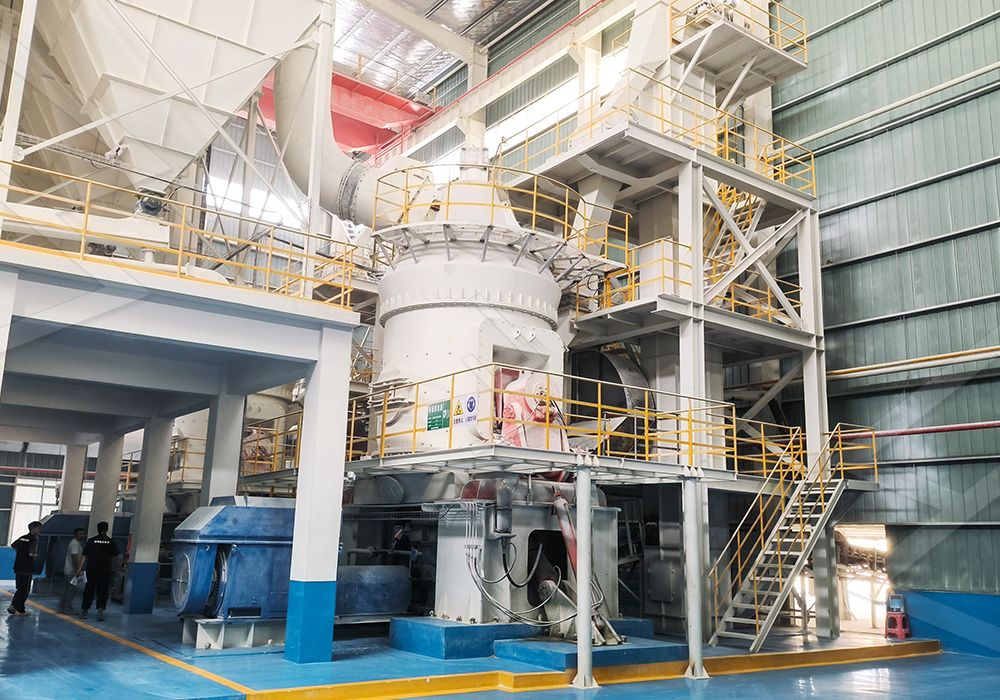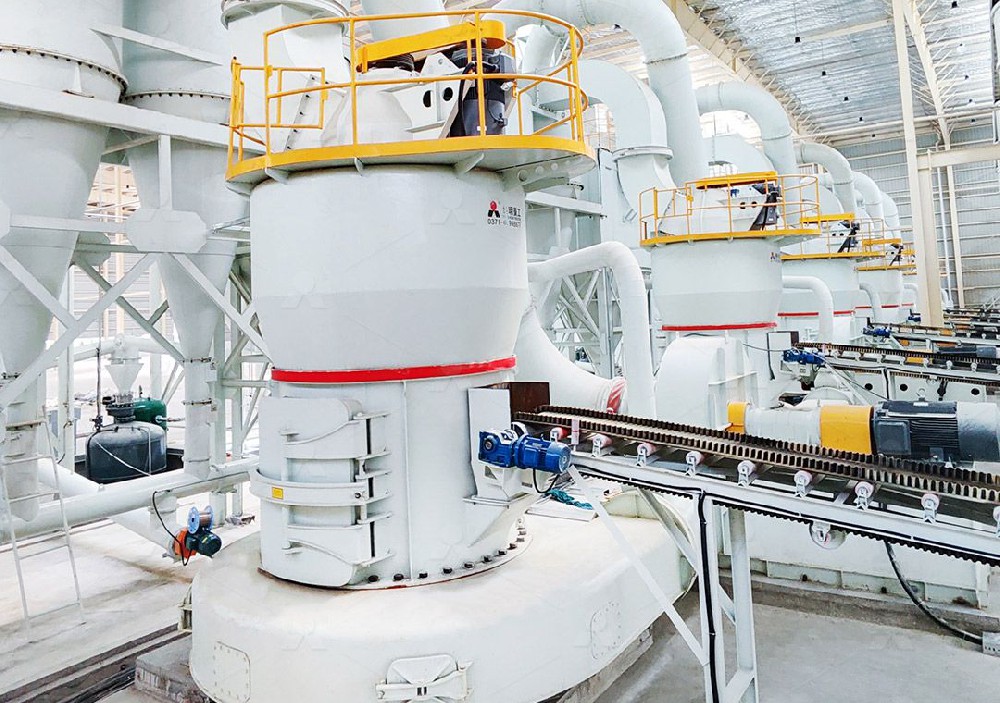Industry News
Calcium Carbonate Grinding Mill Price for Food and Beverage Additives in India
2025-11-22 09:04:11
We are Liming Heavy Industry, a manufacturer of various types of industrial crushers, such as Raymond Mill, Trapezoidal Mill, Vertical Mill, Ultrafine Mill, Ball Mill, etc.
Our mills can process the following minerals:
limestone, quicklime, kaolin, talc, barite, bentonite, calcium carbonate, dolomite, coal, gypsum, clay, carbon black, slag, cement raw materials, cement clinker, etc.
If you need a mill to process stone or minerals into powder, please feel free to contact me (WhatsApp: +86 153 3380 7511). Thank you.
Calcium carbonate is widely used as an additive in India's food and beverage industry, serving as a nutritional supplement, acidity regulator, stabilizer, and whitening agent. As consumer demand for packaged food, bakery products, beverages, and nutritional formulations grows, the requirement for high-purity, fine calcium carbonate has also increased. To meet these standards, manufacturers depend on efficient grinding mills capable of delivering consistent particle size and cleanliness. Understanding the cost structure of a calcium carbonate grinding mill is essential for investors and producers seeking stable supply and competitive pricing.

Growing Demand for Food-Grade Calcium Carbonate in India
India's food processing sector has seen significant expansion due to urbanization, rising disposable income, and the growth of organized retail. Food-grade calcium carbonate is used in a wide range of applications:
Bakery products as a calcium enhancer
Beverage powders for mineral fortification
Chewing gums and candies for texture improvement
Processed foods as an anti-caking and whitening agent
Dietary supplements for calcium enrichment
Because food-grade additives require extremely low impurity levels and controlled particle size, grinding equipment must offer high precision, stable operation, and strict hygiene standards.
_1761355701094.jpg)
Key Factors Influencing Grinding Mill Price in India
1. Required Fineness
Food-grade calcium carbonate often needs to reach 200–600 mesh. The required fineness directly influences mill selection:
200–325 mesh: Suitable for general additives
400–600 mesh: Used in premium food and beverage applications
Raymond mills are commonly used for standard fineness, while vertical mills are preferred for finer and more uniform powder.
2. Production Capacity
The output capacity affects both equipment size and operational cost. Small and medium manufacturers may opt for 3–10 TPH systems, while larger food additive processors require higher output such as 15–25 TPH. Larger mills generally cost more but offer lower energy consumption per ton.

3. Energy Consumption
Electricity cost is a significant part of the operational budget. Vertical grinding mills offer lower power consumption due to higher grinding efficiency, which can reduce long-term expenses for food additive producers.
4. Material Purity and Hygiene Requirements
Food-grade calcium carbonate requires minimal contamination. Grinding equipment must offer:
High sealing performance
Efficient dust collection
Stable internal airflow to prevent outside impurities
These features increase equipment complexity and influence overall cost.

5. Automation and Control Systems
Advanced automation improves powder uniformity and reduces labor costs. Automated mills with intelligent control systems have higher initial prices but provide better long-term economic benefits.
Raymond Mill Price Range
Raymond mills are suitable for processing 200–325 mesh calcium carbonate, making them a cost-effective choice for many food additive manufacturers. They feature stable performance, low investment cost, and simple maintenance. For small and medium facilities targeting consistent additive production, a Raymond mill provides a reliable solution with manageable overall expenditure.
Vertical Grinding Mill Price Range
Vertical mills offer higher efficiency, lower energy consumption, and finer powder quality—often required for advanced food and beverage formulations. Because they integrate grinding, drying, and classifying, they significantly reduce plant footprint and operating cost. Although vertical mills have a higher initial investment compared to Raymond mills, they deliver better return on investment for producers with larger capacity demands or stricter quality requirements.

Choosing a Reliable Supplier in India
Purchasing grinding equipment directly from a manufacturer ensures better pricing, faster delivery, and stronger technical support. A reliable supplier should provide:
Complete process design
Equipment manufacturing
Installation and commissioning guidance
Spare parts and long-term service
Dust control and hygiene design suitable for food-grade production
Reliable equipment helps producers maintain consistent quality, reduce downtime, and improve competitiveness in India's growing food additive market.

Recommended Grinding Mills
Liming Heavy Industry offers grinding solutions widely used in calcium carbonate production for food and beverage industries. The Raymond mill provides stable output for common fineness requirements, while the vertical mill delivers higher efficiency, cleaner operation, and finer powder quality. Both machines are suitable for long-term industrial use and support high-purity food additive production in India.
FAQ
1. What fineness is required for food-grade calcium carbonate?
Most applications require 200–600 mesh, depending on product specifications.
2. Which mill is more suitable for fine additive powder?
Vertical mills offer finer particle control and lower contamination risk.
3. Can Raymond mills produce food-grade powder?
Yes, Raymond mills can produce consistent 200–325 mesh powder suitable for many standard food applications.
_1761361296291.jpg)
4. What factors influence the price of a grinding mill in India?
Fineness requirement, capacity, energy consumption, automation level, and purity standards are key factors.
5. Are vertical mills more energy-efficient?
Vertical mills typically consume less electricity due to their integrated grinding and classification system.
6. Is dust control important in food additive production?
Yes, strict dust management ensures hygiene and prevents contamination.
7. Do grinding mills require continuous maintenance?
Regular maintenance is necessary, but mills with durable wear parts reduce service frequency and operational cost.







